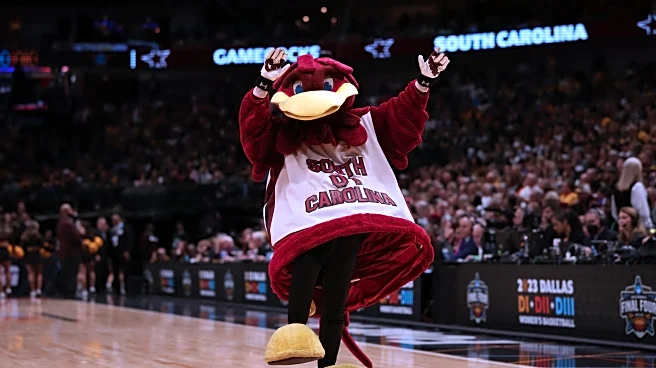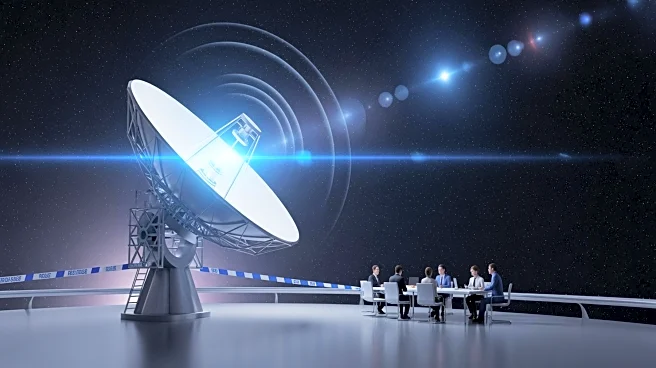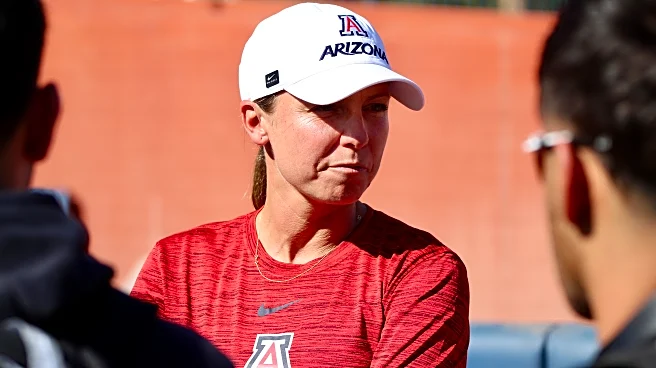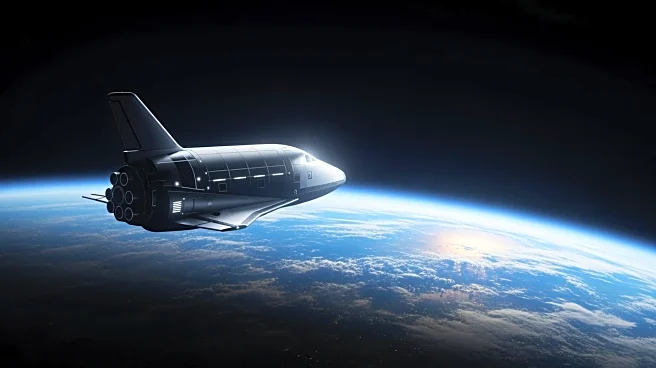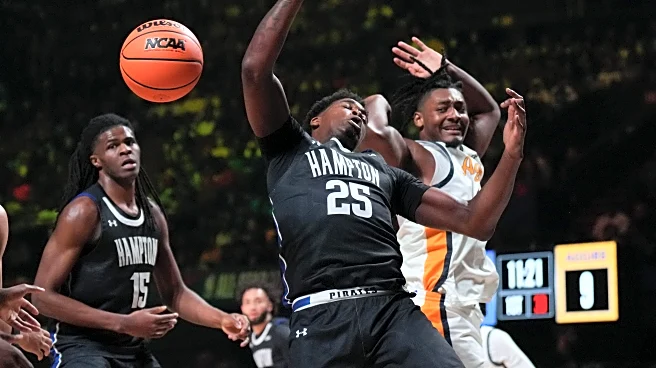Rapid Read • 8 min read
Major League Baseball (MLB) is exploring the possibility of expanding its league by adding two new teams, which would result in a total of 32 teams. This expansion would necessitate a realignment of divisions into eight geographic groups. The proposed divisions include teams such as the Seattle Mariners, San Francisco Giants, and Las Vegas Athletics in the Pacific Northwest division. The idea is to create divisions based on geographic proximity to enhance regional rivalries and reduce travel burdens. The Las Vegas Athletics are expected to relocate from their temporary home in West Sacramento, marking a significant change in the league's structure. This move follows historical precedents, such as the relocation of the Expos to become the Nationals two decades ago.
AD
The expansion and realignment of MLB could have significant implications for the league's competitive dynamics and financial health. By increasing the number of teams, MLB can tap into new markets, potentially boosting revenue through ticket sales, merchandise, and broadcasting rights. The geographic realignment aims to foster regional rivalries, which can increase fan engagement and attendance. However, the relocation of teams like the Athletics raises concerns about the stability of franchises and the impact on local fan bases. The expansion could also influence player distribution and team strategies, as new teams will require talent acquisition to build competitive rosters.
If MLB proceeds with the expansion, the next steps would involve selecting the locations for the new teams and finalizing the division realignment plan. This process would require negotiations with potential host cities and existing franchises to ensure a smooth transition. MLB would also need to address logistical challenges, such as scheduling and travel arrangements, to accommodate the new league structure. Stakeholders, including team owners, players, and fans, will likely have varied reactions, with some supporting the growth opportunities and others concerned about the impact on traditional rivalries and team identities.
The proposed expansion and realignment could have broader cultural and economic implications. It may influence the way baseball is consumed and celebrated across different regions, potentially altering the sport's cultural landscape. Additionally, the relocation of teams could affect local economies, as sports franchises often contribute to community identity and economic activity. The ethical considerations of relocating teams, such as the impact on loyal fan bases and community investments, will be an important aspect of the discussion.
AD
More Stories You Might Enjoy
